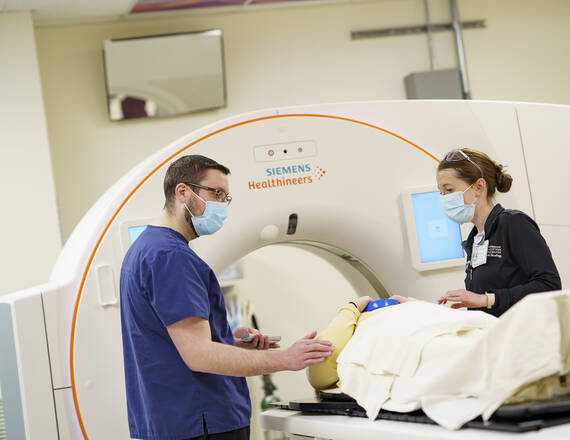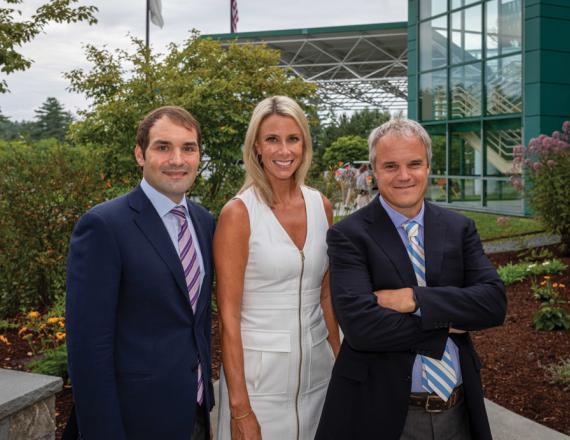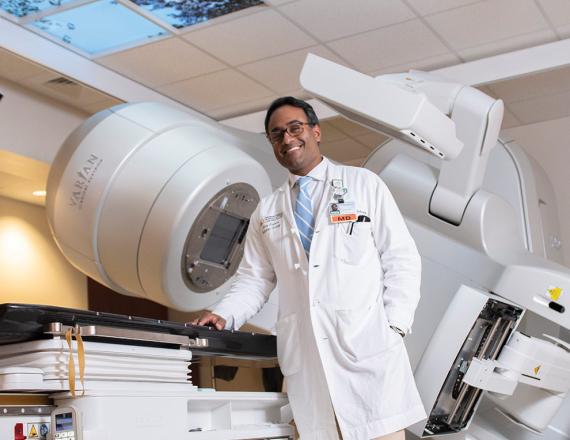Join us in creating a healthier, more equitable world.
Your gift will help build a more diverse, equitable, and inclusive academic community and health care system to help ensure more people in our region and around the world receive access to compassionate care and world-class educational and training programs.

9
years difference in life expectancy between high-income and low-income towns in New Hampshire.
5%
of U.S. doctors identify as Black, compared with 13% of the overall U.S. population.
10
number of countries where Dartmouth’s Center for Global Health Equity has longstanding partnerships.
Health Equity Testimonial
To be effective in our global health work, we are radically shifting our language, attitudes, and practices to build equitable partnerships. This becomes particularly important when we collaborate across a great income divide.
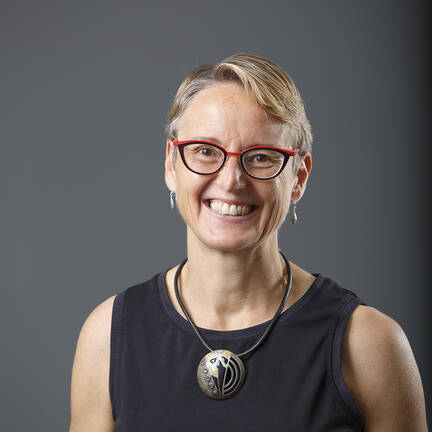
$7M in Gifts Fuel Center for Global Health Equity
In 2019, philanthropic gifts from four families totaling $7 million accelerated the growth of the newly formed Center for Global Health Equity at Dartmouth, bringing together thriving international and domestic health equity programs at the Geisel School of Medicine at Dartmouth and Dartmouth’s Dickey Center for International Understanding.
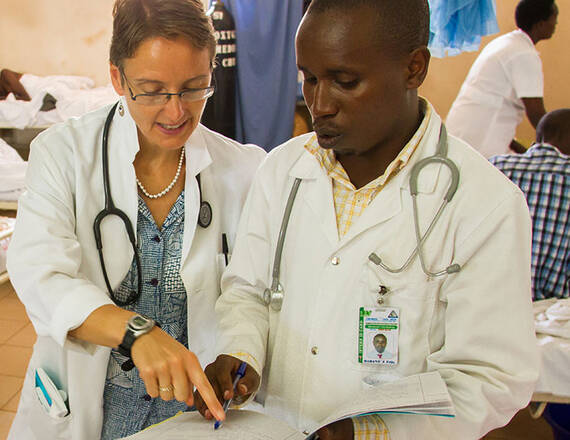
Research in Rural Health Care
Residents of rural regions need health care solutions that will benefit them today, and in the years to come. Forward-thinking investigators at Geisel study the factors that contribute to the disparity in rural health care so their findings can inform programs and policies that ensure better rural health in the future.
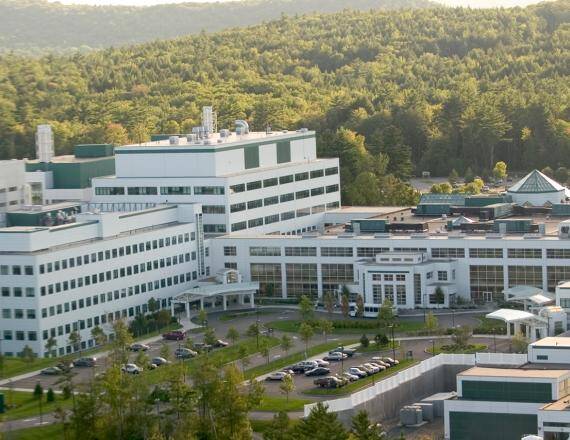
Tackling Disparities in Maternal Health
After graduating from the Master of Public Health online/hybrid program at Geisel, Ifrah Ahmed MPH ’23 is working to keep refugees from succumbing to preventable diseases like she witnessed as a child caught in the crossfire of a war-torn nation. She’s also building a global nonprofit to address the maternal and child health challenges she has seen up close throughout her life.

Lung Cancer Screening Rates Are Low. This Team Is Changing That.
Lung cancer remains the leading cause of cancer deaths in the United States, yet less than 6% of eligible individuals nationwide receive screening. This pales in comparison to breast cancer and colorectal cancer, which each boast screening rates upwards of 70%. This disparity is even more pronounced in rural areas like northern New England, where barriers to access surrounding lung cancer create significant obstacles to screening.
